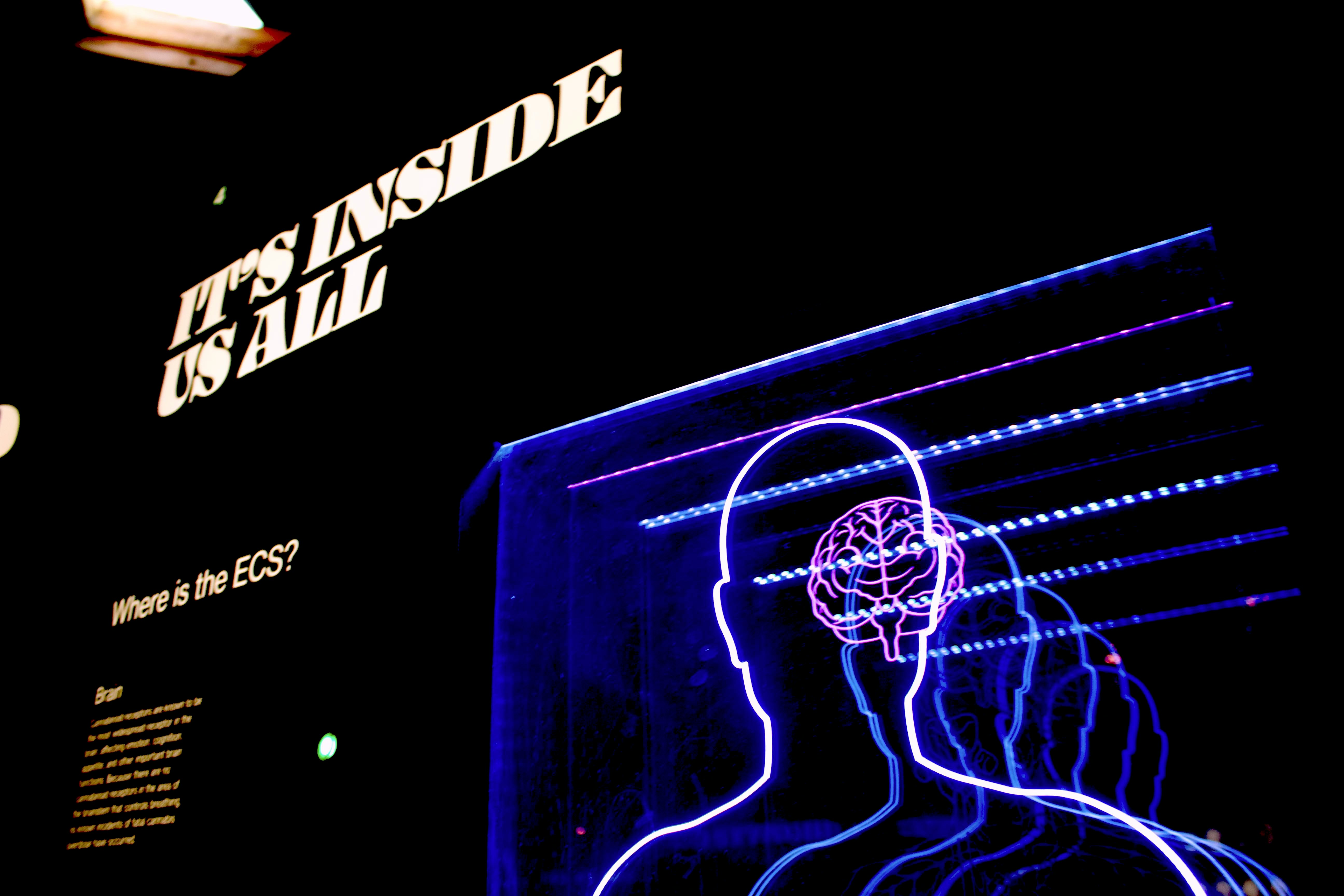Perception as Power: How Emotionally Intelligent Minds See the World
August 28, 2025

Why Perception Shapes Reality
Most people assume that intelligence is about knowledge. But the truth is, the raw information we gather matters far less than the way we perceive it. Perception is not passive; it is an active filter, sculpted by our nervous system, our past experiences, and our survival strategies. For emotionally intelligent individuals, this filter operates differently. They don’t just notice facts; they see patterns. They don’t just hear words; they hear tone, subtext, and the energy beneath. What others might dismiss as “too much” is often an evolved perceptual strength.
Perception, then, is not simply about seeing the world as it is. It is about seeing the world through the architecture of your nervous system — and realising that the way you perceive reality becomes the way you live reality.
The Science of Perception
Cognitive psychology teaches us that perception is not a direct reflection of reality but a constructed interpretation. Research on top-down processing (Gregory, 1970) shows that the brain uses prior knowledge, expectations, and context to interpret sensory information. In other words, you don’t see with your eyes; you see with your brain.
Daniel Kahneman’s work in Thinking, Fast and Slow (2011) expands on this by distinguishing between System 1 (fast, intuitive) and System 2 (slow, analytical) modes of thought. Emotionally intelligent individuals often operate with heightened sensitivity in System 1, catching subtle signals others overlook, but when balanced, they can translate this into deeper System 2 reflection.
Perception and Emotional Intelligence
Emotional intelligence is often defined as the ability to recognise, understand, and manage emotions — both our own and those of others. But at its core, it is about perception. High emotional intelligence is less about controlling emotions and more about perceiving the signals emotions carry.
Research by Mayer, Salovey, and Caruso (2008) identifies emotional perception as the foundation of EI — the ability to accurately perceive emotion in faces, voices, and even cultural expressions. This perceptual acuity often comes at a cost: the same sensitivity that grants insight can also overwhelm the nervous system if not regulated.
Why Perception Feels Like a Burden
Many emotionally intelligent or empathic individuals describe their sensitivity as exhausting. This is not weakness — it is the nervous system absorbing more information than most. Studies on sensory processing sensitivity (Aron & Aron, 1997) suggest that around 15–20% of people process sensory input more deeply, linking this to both heightened empathy and greater susceptibility to overstimulation.
For those living in a survival identity, this sensitivity often turns against them. They may feel trapped in cycles of people-pleasing, conflict avoidance, or hyper-awareness of others’ emotions, because their perceptual gift has been hijacked by fear.
Perception as Power
When integrated into what I call Cognitive Identity, perception shifts from burden to power. Instead of being ruled by unconscious loops of hyper-vigilance, the emotionally intelligent person learns to use perception consciously:
To notice nuance without being consumed by it.
To see patterns in behaviour and thought that unlock clarity.
To anticipate needs, shifts, and opportunities that others miss.
Neuroscience shows that attention literally shapes the brain. Studies on neuroplasticity (Draganski et al., 2004) demonstrate that what we focus on grows stronger in neural architecture. If survival identity keeps perception locked onto threat, the nervous system will build more pathways for fear. But if perception is directed toward growth, creativity, and connection, it becomes a tool for freedom.
The Invitation: Learning to See Differently
The work is not to dull perception, but to direct it. It begins with awareness of how you currently filter reality — what you notice, what you dismiss, what triggers your nervous system. From there, it is about gradually shifting the lens. Emotional intelligence becomes true power when paired with cognitive awareness: the ability to see not just the world, but the way we see the world.
FAQ
Q: How does perception shape reality?
Perception is an active filter built by the brain. It determines not just what you notice, but what reality feels like.
Q: Is emotional intelligence linked to perception?
Yes. Emotional intelligence begins with perceptual accuracy — recognising subtle emotional cues in others and in ourselves.
Q: Why do highly perceptive people feel overwhelmed?
Because their nervous systems absorb more information, this can lead to overstimulation. Research on sensory processing sensitivity explains this.
Q: Can perception be trained or redirected?
Yes. Neuroplasticity research shows that attention reshapes the brain. With awareness, perception can become a strength instead of a burden.
Closing Reflection
Perception is not just about what enters through your senses. It is about how your nervous system interprets and prioritises that input. For the emotionally intelligent, this is not a curse — it is an advanced form of awareness. The challenge is not to suppress perception, but to master it. Once you learn to direct the lens, perception ceases to be survival’s burden and becomes the foundation of freedom.




